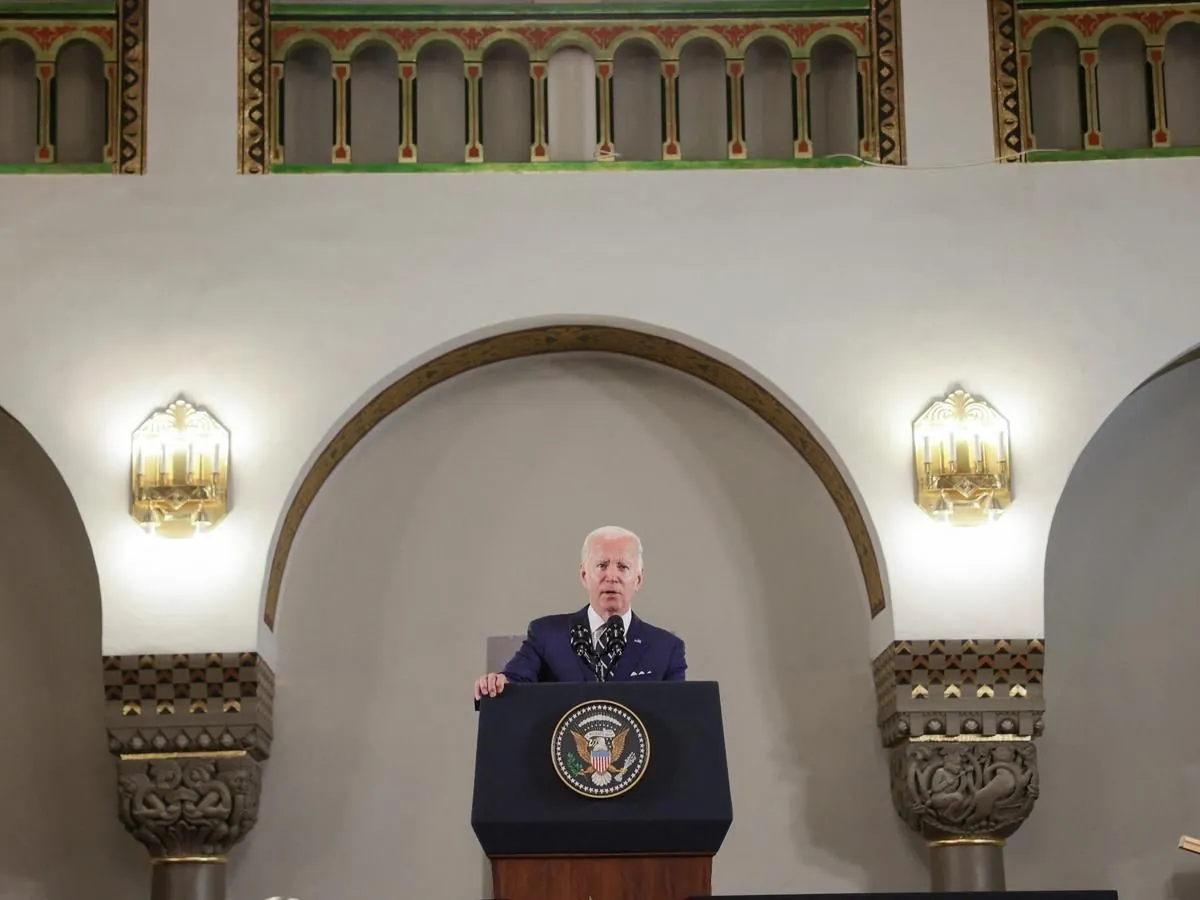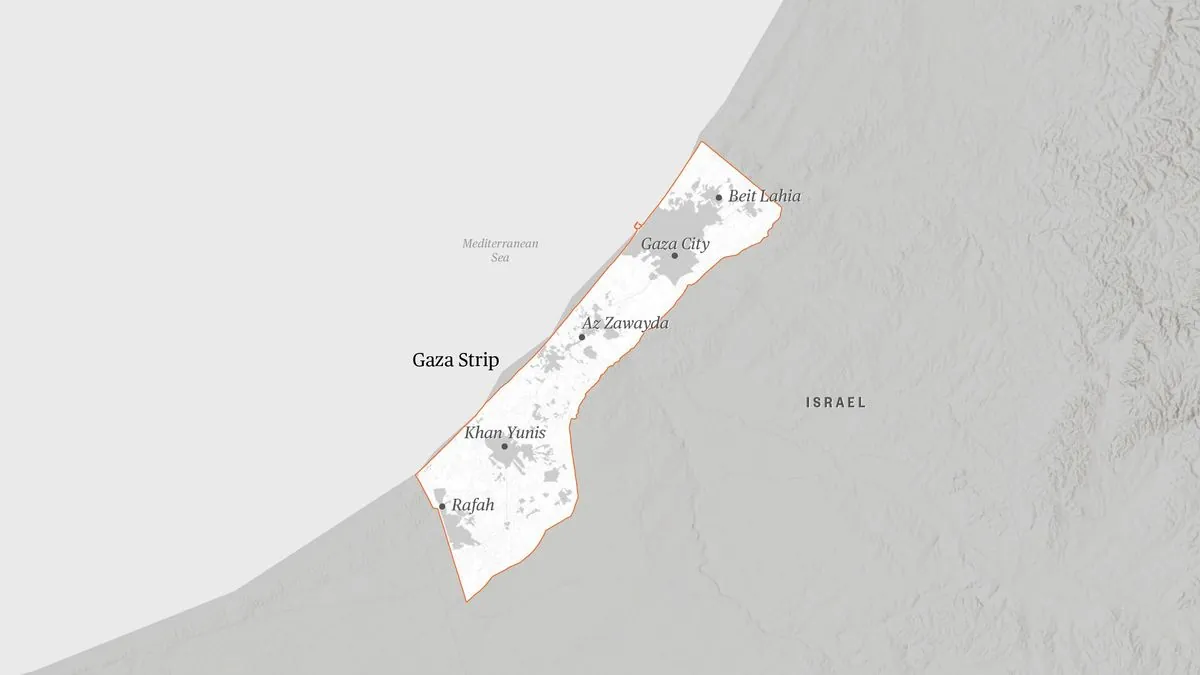Biden's Gaza Cease-Fire Efforts Stall as New Demands Derail Negotiations
U.S. President Joe Biden's push for a cease-fire in Gaza faces setbacks as Hamas and Israel introduce new demands. The ongoing conflict complicates Biden's final year in office, with prospects for a deal growing increasingly remote.

President Joe Biden's efforts to broker a cease-fire and hostage release deal between Israel and Hamas have encountered significant obstacles, with recent developments putting the negotiations on shaky ground. U.S. officials have indefinitely postponed their plan to present a "take it or leave it" proposal to both parties, highlighting the complex nature of the mediation process.
The latest setback stems from Hamas introducing a new demand regarding prisoner releases, which U.S. officials describe as a "poison pill." This development underscores the challenging nature of the negotiations, which have been ongoing for nearly a year.
The conflict, which began on October 7, 2023, with a Hamas attack on Israel, has dominated Biden's final year in office. The breach of the 65-kilometer-long Israel-Gaza border fence marked the beginning of a crisis that has since escalated into a full-scale war.

The Gaza Strip, one of the most densely populated areas globally with over 5,000 people per square kilometer, has been under a blockade by Israel and Egypt since 2007. The current conflict has exacerbated the already dire humanitarian situation in the region.
Benjamin Netanyahu, Israel's Prime Minister, has faced criticism for potentially hindering the negotiations. Sen. Chris Murphy, a senior member of the Senate Foreign Relations Committee, noted, "Most days, it's pretty clear the Americans are working much harder than the Israeli government is working at this."
The humanitarian crisis in Gaza continues to worsen, with the World Health Organization warning of the risk of famine since early 2024. The situation has been further complicated by the reappearance of polio in Gaza for the first time in 25 years, despite the disease being declared eradicated in the Eastern Mediterranean region in 2015.
"By not calling out Prime Minister Netanyahu's intransigence, they have given him political cover to continue to stonewall. It's a mystery to me as to why the administration doesn't call him out more clearly, when the hostage families themselves know what an impediment he has been."
The United Nations Relief and Works Agency (UNRWA), which has operated in Gaza since 1949, faces significant challenges in providing aid to the population. The recent death of seven World Central Kitchen aid workers in an Israeli airstrike on April 1, 2024, highlighted the dangers faced by humanitarian organizations in the region.
The negotiations have been further complicated by Netanyahu's insistence on maintaining Israeli troops in the Philadelphi Corridor, a 14-kilometer-long buffer zone between Gaza and Egypt. This demand, introduced in late July 2024, has been a significant obstacle to progress in the talks.
As the conflict approaches its one-year mark, the prospects for a resolution appear increasingly remote. The situation continues to test the limits of U.S. diplomacy and raises questions about the effectiveness of current mediation efforts in the complex landscape of Middle Eastern politics.


































